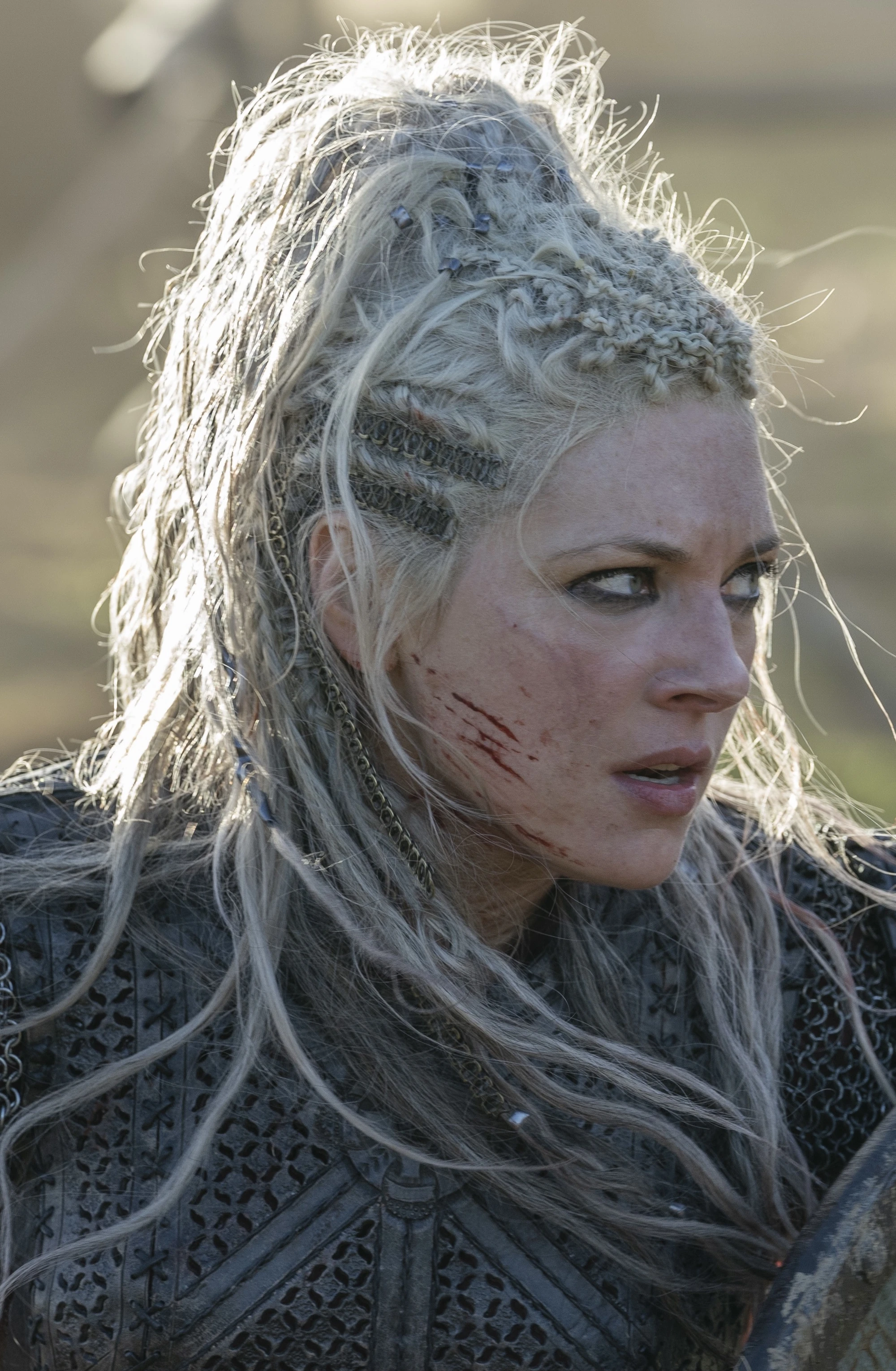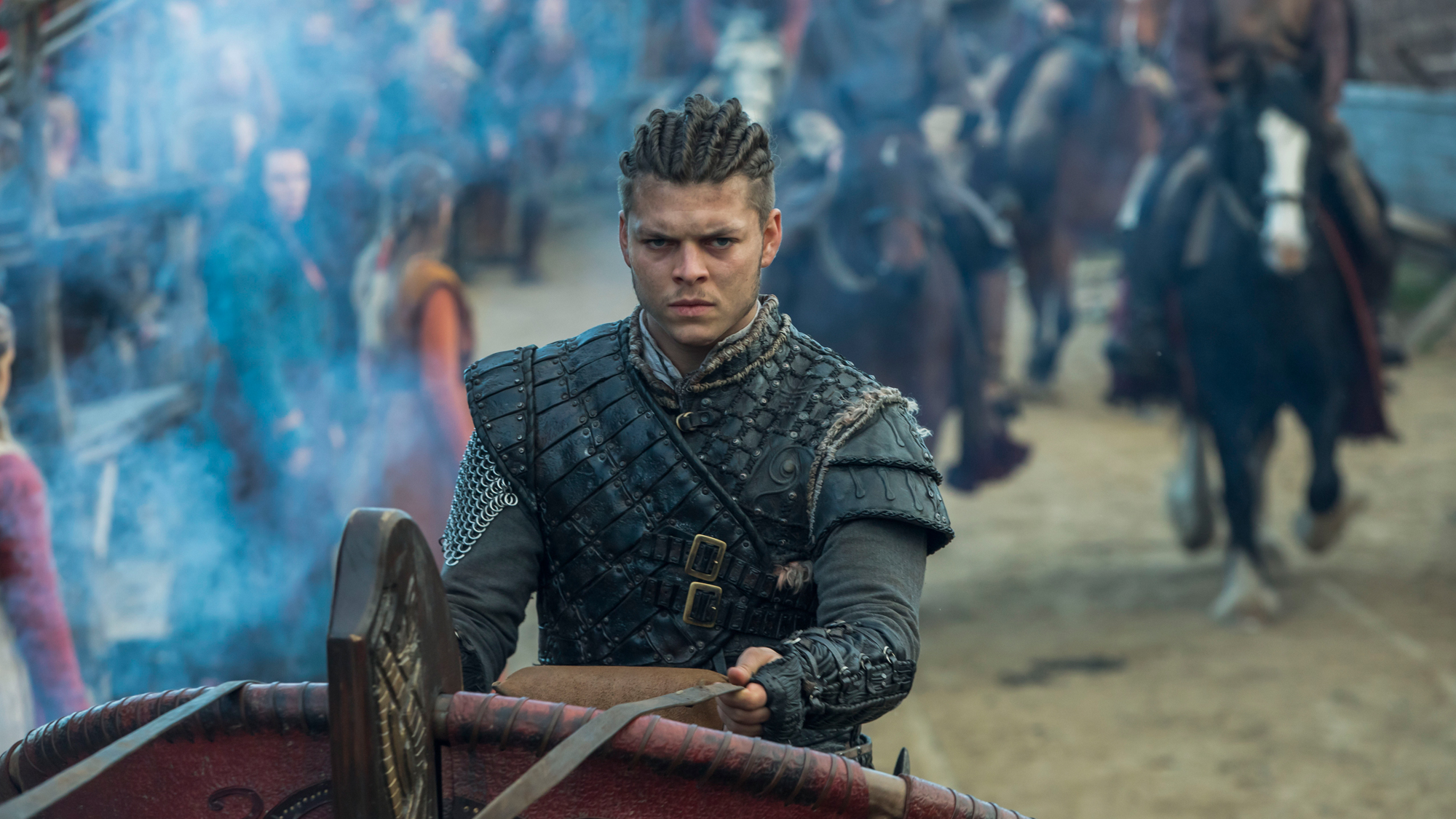Characters in the Vikings have captivated audiences worldwide, offering a vivid portrayal of Norse mythology, historical events, and human emotions. From legendary warriors to cunning leaders, the series brings to life a rich tapestry of personalities that reflect both the brutality and the beauty of Viking culture. Whether you’re a fan of Ragnar Lothbrok, Lagertha, or Ivar the Boneless, the show’s diverse characters provide endless intrigue and inspiration. These characters are not just fictional creations but are deeply rooted in history, mythology, and storytelling traditions that continue to resonate with modern audiences.
The series "Vikings" has become a cultural phenomenon, blending historical accuracy with creative storytelling. It explores themes of power, loyalty, family, and ambition through the lens of its unforgettable characters. Each character is meticulously crafted, showcasing their strengths, flaws, and personal journeys. As viewers, we are drawn into their struggles, triumphs, and tragedies, making us reflect on our own lives and values. The show’s ability to humanize its characters while staying true to its historical roots is one of the reasons it has gained such a massive following.
But what makes these characters so compelling? Is it their fierce determination, their complex relationships, or their larger-than-life personas? This article delves into the world of characters in the Vikings, exploring their origins, motivations, and impact on both the show and its audience. By the end of this piece, you’ll have a deeper understanding of why these characters have left an indelible mark on pop culture and how they continue to inspire fans around the globe.
Read also:Ryans World Controversy Unpacking The Issues Surrounding The Popular Kids Channel
Table of Contents
- Biography of Ragnar Lothbrok
- Personal Details and Bio Data
- What Makes Lagertha a Female Warrior Icon?
- How Did Ivar the Boneless Earn His Name?
- Exploring the Complexity of Bjorn Ironside
- Why Is Floki Considered a Visionary?
- What Role Does Aslaug Play in the Series?
- The Legacy of Characters in the Vikings
- Frequently Asked Questions
Biography of Ragnar Lothbrok
Ragnar Lothbrok is arguably the most iconic figure in the series "Vikings." Known for his ambition, charisma, and relentless pursuit of greatness, Ragnar is a character who embodies the spirit of the Viking age. Born into a humble farming family, Ragnar rises to become a legendary warrior and leader, driven by his desire to explore uncharted territories and challenge the established order. His journey from a simple farmer to a king is filled with battles, betrayals, and personal growth, making him a character that resonates with audiences on multiple levels.
Ragnar’s story is not just about conquest; it’s also about his relationships with his family, friends, and enemies. His bond with Lagertha, his first wife, is one of the most compelling aspects of his character. Together, they share moments of love, loyalty, and conflict, showcasing the complexities of human relationships. Ragnar’s interactions with his sons—Bjorn, Ivar, Ubbe, Hvitserk, and Sigurd—further highlight his role as a father and mentor, as he strives to pass on his wisdom and values to the next generation.
Throughout the series, Ragnar’s character evolves significantly. He begins as a curious and ambitious young man but matures into a wise and philosophical leader. His encounters with different cultures, religions, and ideologies shape his worldview, making him a more nuanced and relatable figure. Ragnar’s ultimate fate, marked by tragedy and triumph, cements his status as one of the most memorable characters in the Vikings.
Personal Details and Bio Data
| Attribute | Details |
|---|---|
| Full Name | Ragnar Lothbrok |
| Title | King of Kattegat |
| Spouses | Lagertha, Aslaug |
| Children | Bjorn Ironside, Ivar the Boneless, Ubbe, Hvitserk, Sigurd |
| Notable Achievements | First Viking to raid England, Founder of a dynasty |
What Makes Lagertha a Female Warrior Icon?
Lagertha is one of the most celebrated characters in the Vikings, known for her strength, intelligence, and resilience. As a shieldmaiden, she defies traditional gender roles, proving that women can be just as fierce and capable as men. Her character challenges societal norms and inspires viewers to embrace their inner strength, regardless of external expectations. But what exactly makes Lagertha such an enduring icon?
Her Role in the Series
Lagertha’s journey begins as Ragnar’s wife and partner in battle. Together, they conquer enemies and build a life filled with love and respect. However, as their relationship evolves, Lagertha emerges as an independent and powerful figure in her own right. She becomes a ruler, a strategist, and a symbol of female empowerment. Her ability to balance compassion with authority makes her a multifaceted and relatable character.
Her Legacy
Lagertha’s legacy extends beyond her personal achievements. She serves as a role model for women everywhere, demonstrating that leadership and courage are not defined by gender. Her story resonates with audiences because it highlights the importance of self-reliance, perseverance, and authenticity. Whether she’s leading troops into battle or navigating the complexities of motherhood, Lagertha remains a beacon of hope and inspiration.
Read also:Nagi Hikaru Solo The Rising Star Of The Music Industry
How Did Ivar the Boneless Earn His Name?
Ivar the Boneless is one of the most enigmatic characters in the Vikings, known for his intelligence, ruthlessness, and physical condition. His nickname, “the Boneless,” has sparked much debate among fans and historians alike. So, how did Ivar earn this peculiar moniker?
Theories Behind the Name
One theory suggests that Ivar’s nickname refers to a medical condition, possibly osteogenesis imperfecta, which causes brittle bones. This condition would explain his inability to walk without assistance in his early years. However, despite his physical limitations, Ivar compensates with his sharp mind and strategic brilliance, making him a formidable opponent.
His Rise to Power
Ivar’s journey from a vulnerable child to a ruthless leader is one of the most compelling arcs in the series. His determination to overcome his physical challenges and assert his dominance is a testament to his resilience and ambition. Ivar’s actions, though often cruel, are driven by a desire to prove himself and secure his place in the world. His character serves as a reminder that strength comes in many forms, and true power lies in the ability to adapt and overcome adversity.
Exploring the Complexity of Bjorn Ironside
Bjorn Ironside, the eldest son of Ragnar Lothbrok, is a character defined by his contradictions. On one hand, he is a brave and noble warrior, embodying the virtues of honor and loyalty. On the other hand, he grapples with insecurities and doubts, struggling to live up to his father’s legacy. This duality makes Bjorn one of the most complex characters in the Vikings.
His Relationship with Ragnar
Bjorn’s bond with Ragnar is central to his character development. He idolizes his father and seeks to emulate his achievements, but this admiration often leads to feelings of inadequacy. As Bjorn matures, he learns to forge his own path, finding strength in his unique qualities rather than comparing himself to others. This journey of self-discovery is a key theme in his storyline.
His Leadership Style
As a leader, Bjorn is both compassionate and decisive. He values justice and fairness, striving to create a better future for his people. However, his idealism sometimes clashes with the harsh realities of Viking life, forcing him to make difficult choices. Bjorn’s evolution as a leader reflects the broader themes of the series, exploring the balance between ambition and morality.
Why Is Floki Considered a Visionary?
Floki is one of the most creative and philosophical characters in the Vikings, known for his innovative mind and spiritual depth. As a shipbuilder, he revolutionizes Viking exploration, designing vessels that enable long-distance travel. But Floki’s vision extends beyond his technical skills; he is also a dreamer and a seeker of truth, constantly questioning the nature of existence.
His Contributions to Viking Society
Floki’s inventions, such as the longship, play a crucial role in the Vikings’ success. His ability to think outside the box and push boundaries sets him apart from his peers. However, Floki’s genius is matched by his emotional vulnerability, as he struggles to reconcile his faith with the harsh realities of life. This internal conflict adds depth to his character, making him both relatable and intriguing.
His Spiritual Journey
Floki’s spiritual journey is a central theme in his storyline. He is deeply connected to the Norse gods, particularly Loki, and often feels torn between his devotion and his doubts. This tension drives much of his behavior, leading to moments of brilliance and moments of despair. Floki’s quest for meaning serves as a reminder that even the most visionary individuals are not immune to doubt and uncertainty.
What Role Does Aslaug Play in the Series?
Aslaug, the second wife of Ragnar Lothbrok, is a character shrouded in mystery and mysticism. Known for her beauty, intelligence, and supernatural abilities, Aslaug brings a unique dynamic to the series. Her presence challenges the status quo and adds a layer of intrigue to the unfolding drama.
Her Relationship with Ragnar
Aslaug’s marriage to Ragnar is marked by passion and tension. She is a woman of great ambition, seeking to carve out her own legacy alongside her husband. However, her mystical tendencies and secretive nature often create friction, leading to a complex and volatile relationship. Aslaug’s character highlights the challenges of balancing personal desires with familial responsibilities.
Her Impact on the Storyline
Aslaug’s influence extends beyond her personal relationships. She plays a pivotal role in shaping the destinies of her children, particularly Ivar the Boneless. Her belief in prophecy and destiny adds a supernatural element to the series, enriching its narrative and deepening its themes. Aslaug’s story serves as a reminder that even the most enigmatic figures have a profound impact on the world around them.
The Legacy of Characters in the Vikings
The characters in the Vikings leave a lasting impression on audiences, transcending the boundaries of time and culture. Their stories resonate because they reflect universal themes of love, loss, ambition, and redemption. Whether it’s Ragnar’s relentless pursuit of greatness, Lagertha’s unwavering strength, or Floki’s philosophical musings, these characters continue to inspire and captivate viewers around the world.
Their Historical Significance
While the series takes creative liberties, many of its characters are inspired by real historical figures. This blend of fact and fiction enhances the show’s appeal, offering a glimpse into the Viking age while sparking curiosity about its history. The characters’ actions and decisions, though dramatized, are rooted in the values and traditions of their time, providing a window into the past.
Their Cultural Impact
Beyond entertainment, the characters in the Vikings have had a profound cultural impact. They challenge stereotypes, promote diversity, and encourage viewers to think critically about leadership, morality, and identity. Their stories remind us that history is not just a collection of dates and events but a tapestry of human experiences that shape our understanding of the world.
Frequently Asked Questions
Who is the most popular character in the Vikings?
Ragnar Lothbrok is widely

